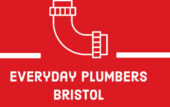What Causes Low Water Pressure?
Water pressure is a crucial aspect of any plumbers system, and when it drops, it can be frustrating and inconvenient. Water pressure problems can disrupt daily tasks like showering, doing dishes, and even watering the garden. There are various factors that can cause low water pressure in your home. We will provide insights into how to address this common plumbing issue.

Understanding Water Pressure
Water is essential to our daily lives, but when issues like high sulfur content or low water pressure arise, they can disrupt our routines and pose health risks. Addressing these problems promptly is crucial for maintaining a safe and efficient water supply. This article explores the common issues surrounding water pressure, including whether you need to swap your tap and how to detect potential leaks.
What Is Water Pressure?
Water pressure refers to the force at which water flows through your plumbing system. It is typically measured in pounds per square inch (psi) and is crucial for the efficient operation of taps, showers, and appliances that rely on water.
Why Is Water Pressure Important?
Adequate water pressure ensures that water flows consistently and with enough force to perform daily tasks efficiently. Low water pressure can hinder these activities and cause frustration.

Common Causes of Water Pressure Problems
Several factors can lead to low water pressure, including clogged pipes, partially closed valves, and issues with the municipal water supply. Aging plumbing systems and faulty fixtures can also contribute to the problem.
- Plumbing Leaks: Leaks in your plumbing system can lead to a drop in water pressure. Even small leaks can result in a significant loss of pressure over time.
- Clogged Pipes: The buildup of mineral deposits, rust, or debris inside pipes can obstruct the flow of water, leading to reduced pressure.
- Water Supply Issues: Issues with the municipal water supply, such as maintenance or high demand during peak hours, can temporarily reduce water pressure.
Local Factors Affecting Water Pressure
- Municipal Water Supply: The pressure of your water supply is often regulated by your local water utility. Changes in their plumbers infrastructure or water source can affect your home’s water pressure.
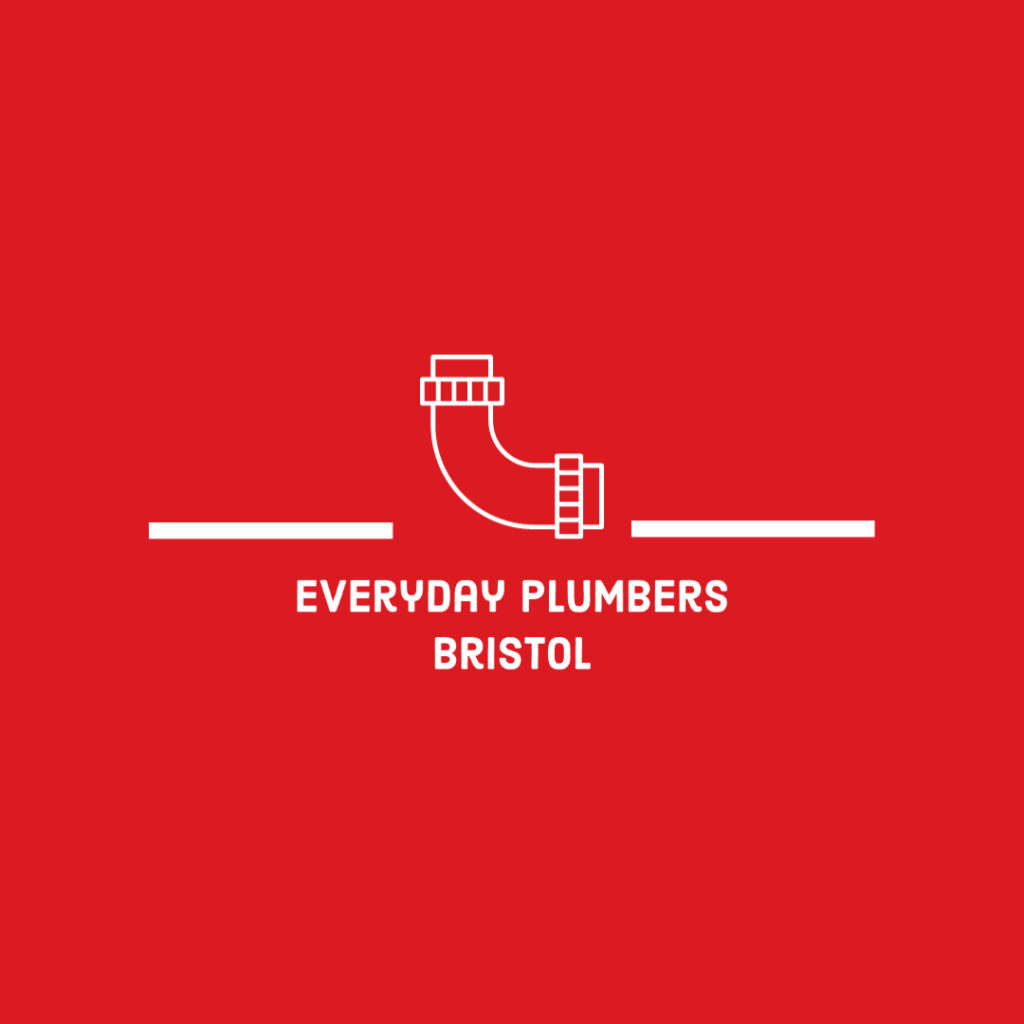
- Neighborhood Usage Patterns: Peak usage times in your neighborhood, such as early morning or evening, can lead to lower water pressure as more people draw water simultaneously.
Signs of Low Water Pressure
- Slow Flow from Taps and Showerheads: One of the most common signs of low water pressure is a weak flow of water from your taps and showerheads.
- Inconsistent Water Temperature: Water pressure issues can also lead to fluctuations in water temperature when using appliances like showers or washing machines.
Effects of Low Water Pressure on Daily Activities
Low water pressure can significantly impact your daily life, from taking longer showers to inefficiently running appliances like dishwashers and washing machines. It can also indicate underlying issues in your plumbing system that need addressing.
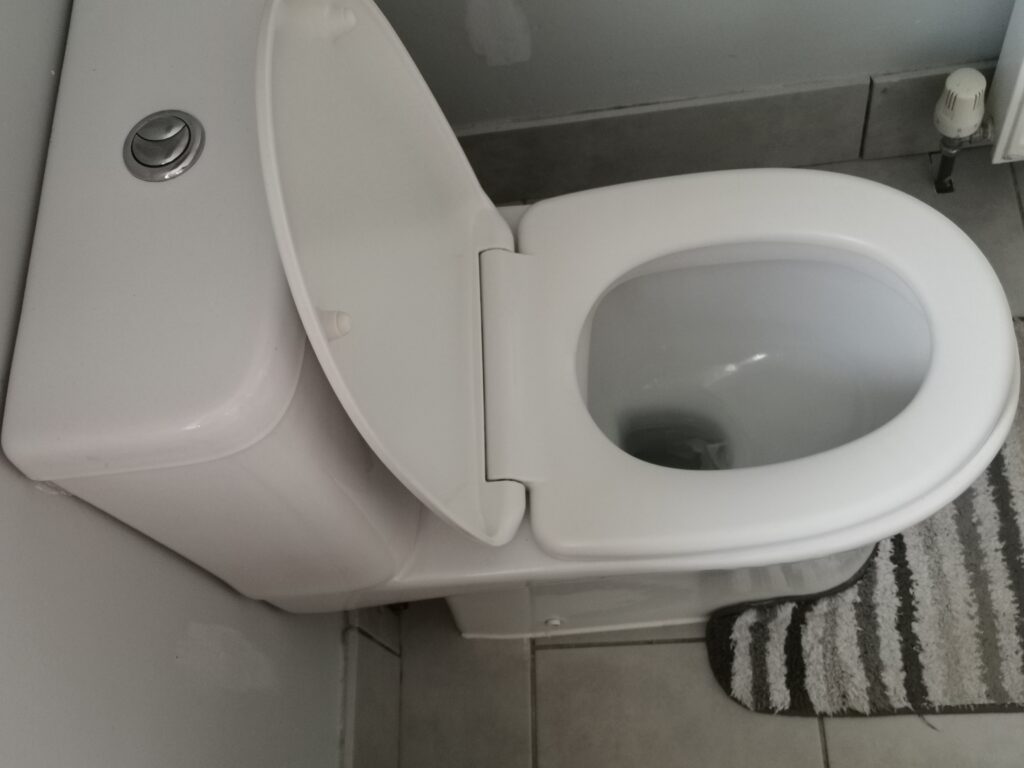
Diagnosing Water Pressure Issues
- Checking for Leaks: Inspect your plumbing for any visible leaks, including dripping taps, running toilets, or damp spots in your home.
- Inspecting for Pipe Blockages: Examine pipes for signs of blockages or mineral buildup, especially in older plumbing systems.
Fixing Your Water Pressure
- Repairing Leaks: Address any leaks promptly by fixing or replacing damaged pipes, taps, or fixtures.
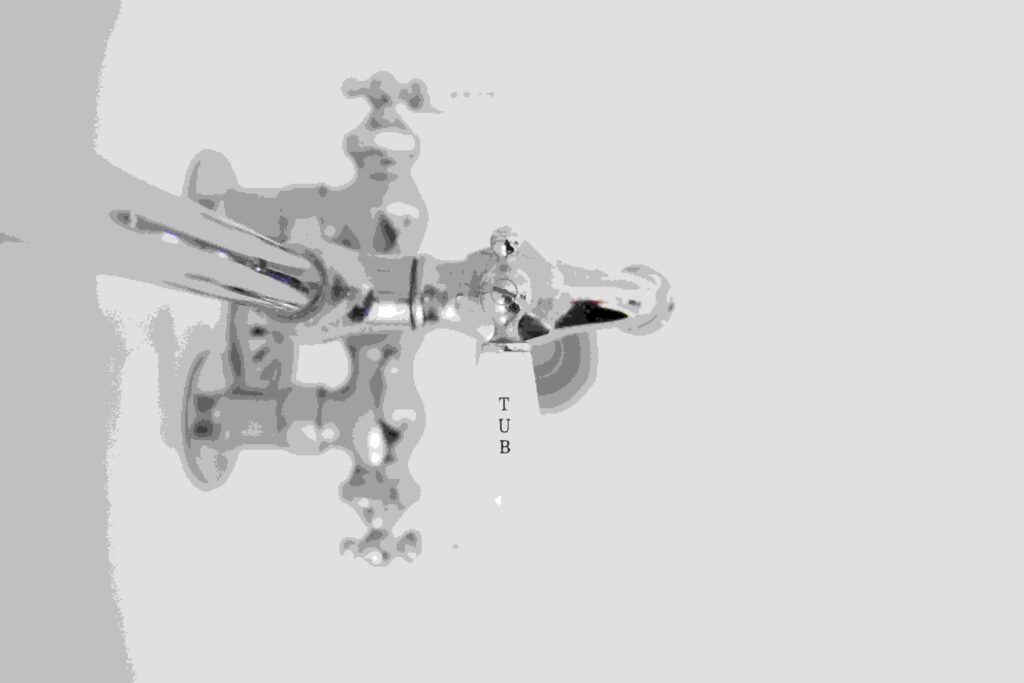
- Clearing Pipe Blockages: Remove obstructions from pipes by flushing them or using appropriate cleaning methods.
- Contacting the Water Supplier: If the issue lies with the municipal water supply, contact your water supplier to report the problem and inquire about solutions.
To diagnose low water pressure, start by checking all taps and fixtures to determine if the issue is isolated or widespread. Measure the water pressure using a pressure gauge to get an accurate reading.
Do I Need to Swap My Tap?
- When to Consider Changing the Tap
If low water pressure is isolated to a single fixture, it might be worth swapping the tap. Over time, mineral deposits and wear can reduce a tap’s efficiency, causing pressure issues.
- Alternatives to Swapping the Tap
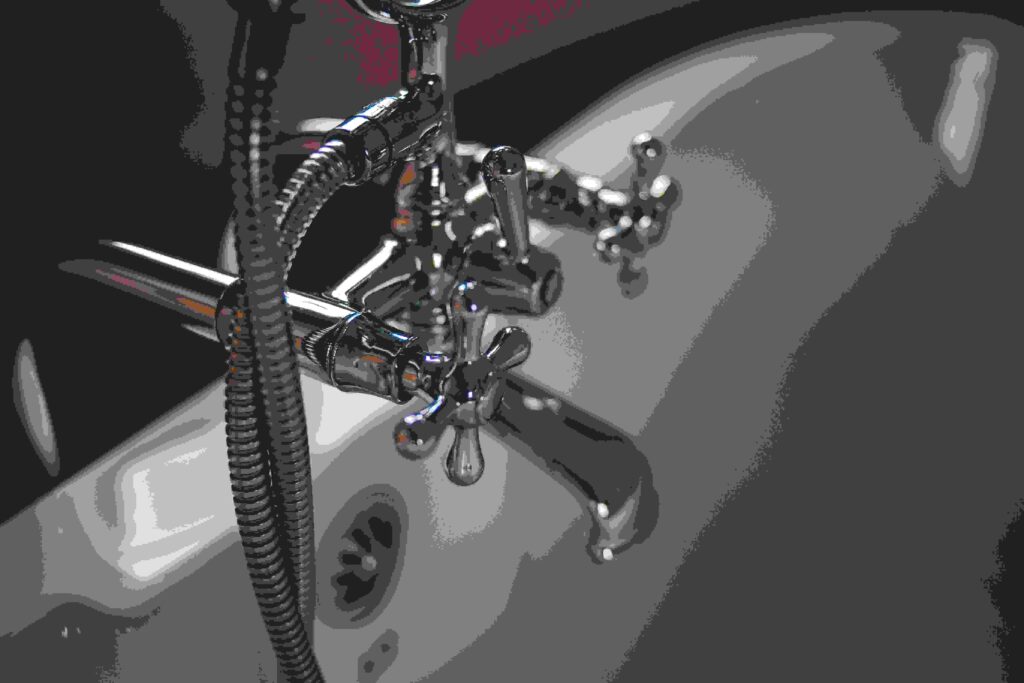
Before replacing your tap, consider cleaning the aerator or checking for blockages. Sometimes, a thorough cleaning can restore proper water flow without the need for a full replacement.
While many homeowners can tackle simple fixes themselves, persistent low water pressure issues may require professional intervention to identify and resolve more complex problems.
Water Pressure Problems After Fitting a Water Filter
- How Water Filters Affect Water Pressure
Installing a water filter can sometimes reduce water pressure, especially if the filter becomes clogged or isn’t suited to your water usage needs. Choose a filter with the appropriate flow rate for your home.
- Common Installation Mistakes
Improper installation can also cause low water pressure. Ensure all connections are secure, and follow the manufacturer’s instructions carefully to avoid any issues.
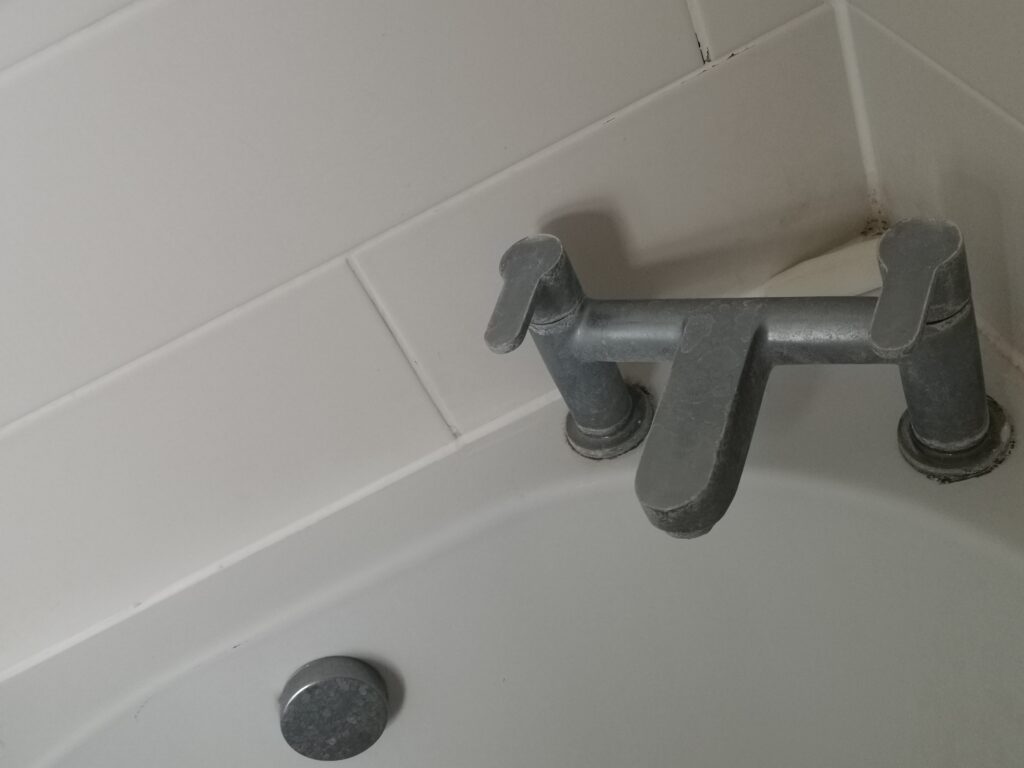
- Ensuring Proper Filter Maintenance
Regular maintenance is key to preventing pressure loss. Replace filter cartridges as recommended, and periodically clean the system to ensure optimal performance.
- Read this if your tap water smells like sulfur.
Leaks Causing Water Pressure Problems
- Detecting Leaks in Your Plumbing System
Leaks are a common cause of low water pressure. Look for visible signs of leaks, such as water stains, dampness, or unusual sounds in your plumbing system.
- Tools for Leak Detection
Use tools like leak detection dye or a water meter to check for hidden leaks. If the meter shows usage when no water is being used, you likely have a leak.
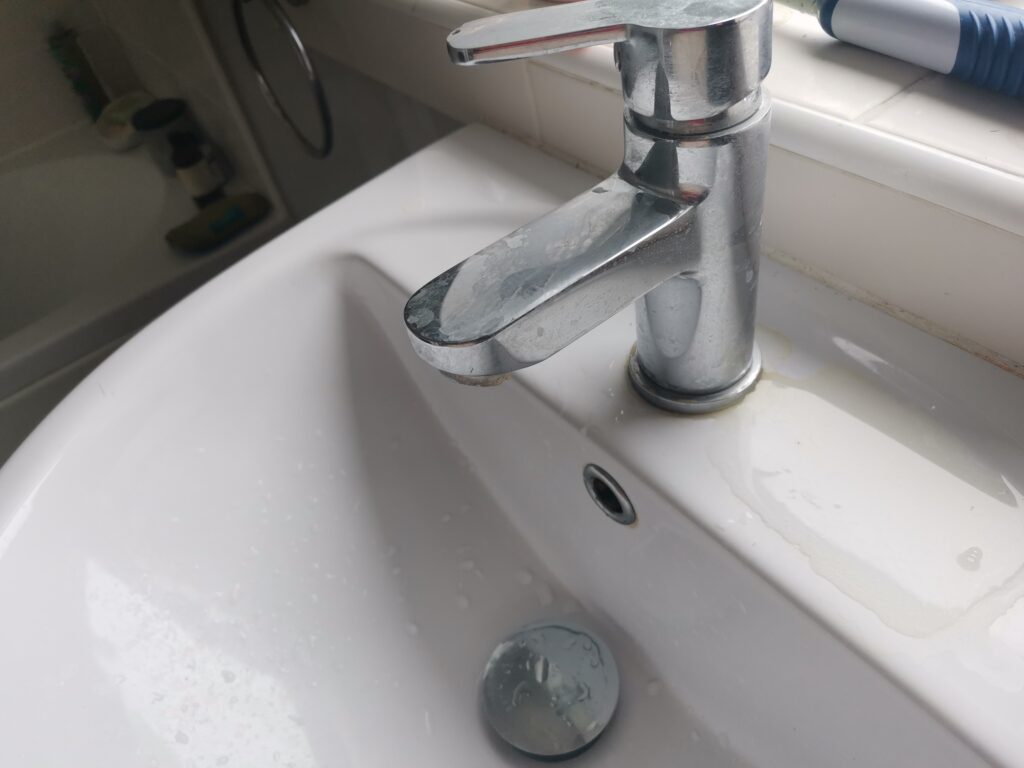
- Professional Assistance for Leak Repairs
For complex or hard-to-find leaks, it’s best to consult a professional plumber. They have the expertise and equipment to locate and fix leaks efficiently.
Preventing and Resolving Water Pressure Issues
Regular Maintenance
Schedule routine plumbing inspections and maintenance to prevent leaks and blockages that can lead to low water pressure. Routine maintenance, such as cleaning aerators and checking for leaks, can help maintain good water pressure. Schedule regular plumbing inspections to catch potential problems early.
Upgrading Plumbing Systems
In older homes, outdated plumbing can contribute to water pressure problems. Upgrading to modern pipes and fixtures can improve water flow and overall system efficiency.
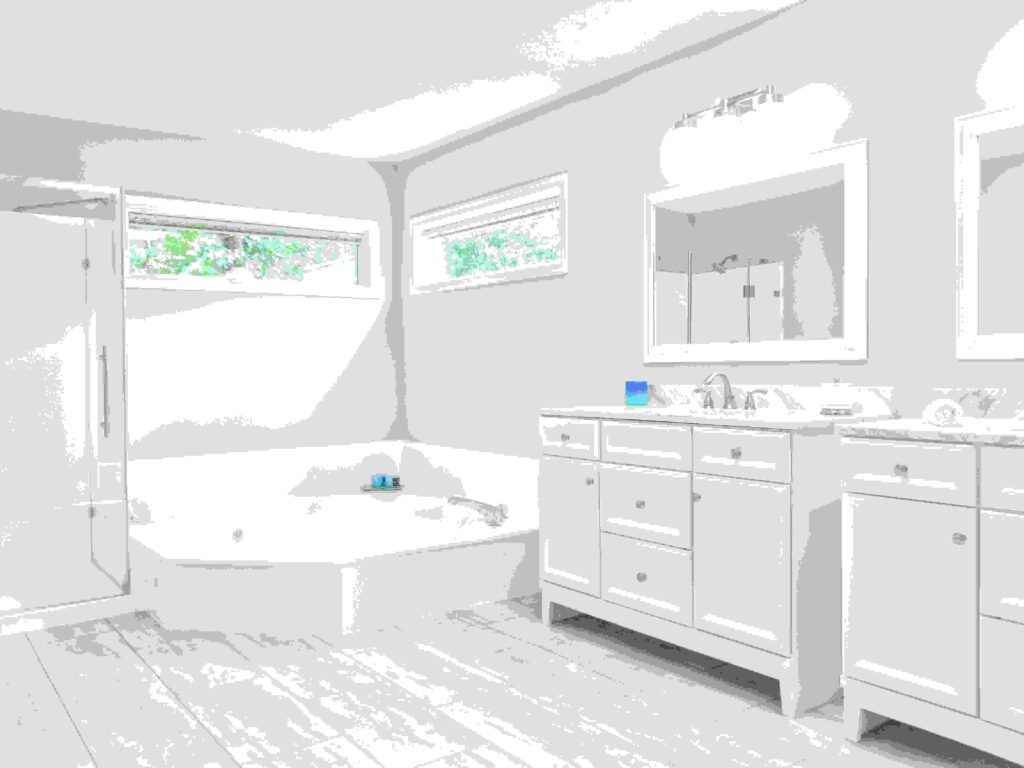
Importance of Professional Inspections
Professional inspections can identify issues that might be overlooked during routine maintenance. Plumbers can provide solutions to ensure your water pressure remains consistent and reliable.
Water Pressure Regulators
Consider installing a water pressure regulator to stabilize and maintain consistent pressure in your home.
Low water pressure can disrupt your daily routine, but understanding its causes and taking appropriate action can help you restore adequate water flow in your home. Whether it’s addressing leaks, clearing blockages, or collaborating with your water supplier, there are solutions available to ensure you enjoy consistent water pressure.
Tools and Methods for Measuring Water Pressure
A simple pressure gauge, available at most hardware stores, can help you measure your home’s water pressure. Attach it to a hose bib or tap, and compare the reading to standard pressure levels (typically 40-60 psi).

Managing water quality and pressure is crucial for a comfortable and safe home environment. By understanding the causes of high sulfur content in groundwater and addressing low water pressure issues effectively, you can ensure a reliable water supply. Regular maintenance, timely repairs, and professional assistance are key to maintaining optimal water conditions.
FAQs
Can a faulty water heater cause low water pressure?
A faulty water heater can affect the consistency of hot water but is unlikely to cause problems with water pressure throughout your home.
Is water pressure issue a sign of a major plumbing problem?
Yes, it can indicate underlying issues such as leaks, clogged pipes, or problems with the municipal water supply. It’s essential to diagnose and address the cause promptly. Low water pressure can be a symptom of various plumbing issues, but not necessarily a major problem. Prompt diagnosis and repairs can often resolve the issue.
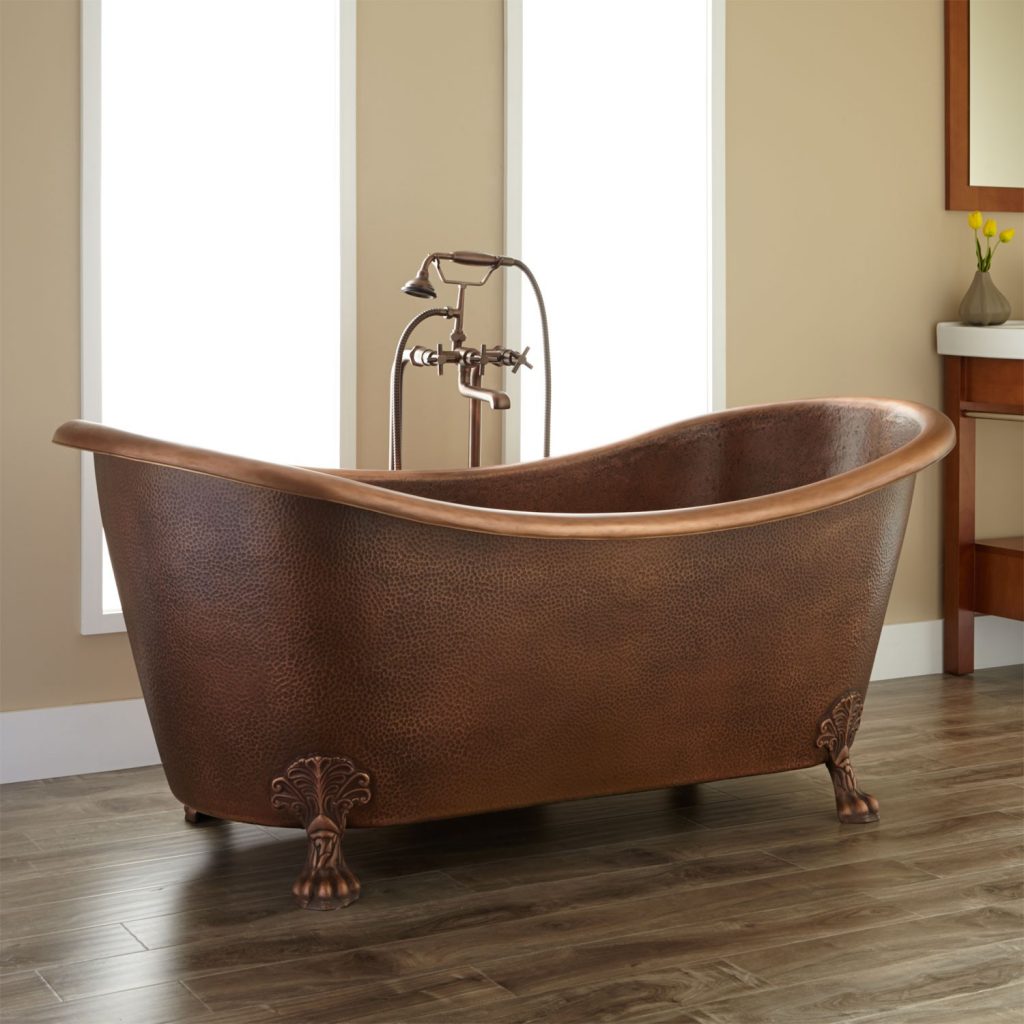
Can low water pressure be harmful?
It is not harmful, but it can make daily tasks less efficient and comfortable. It’s essential to address the underlying causes to improve your water pressure.
Do I need a professional plumber to fix my water pressure issues?
While some DIY methods can help, it’s advisable to consult a professional Bristol plumber to accurately diagnose and address the root causes of low water pressure. If you cannot identify or resolve the cause of the issue with your water pressure, or if the issue persists despite your efforts, it’s best to call a professional plumber for a thorough inspection and repair.
How can I increase water pressure in my home?
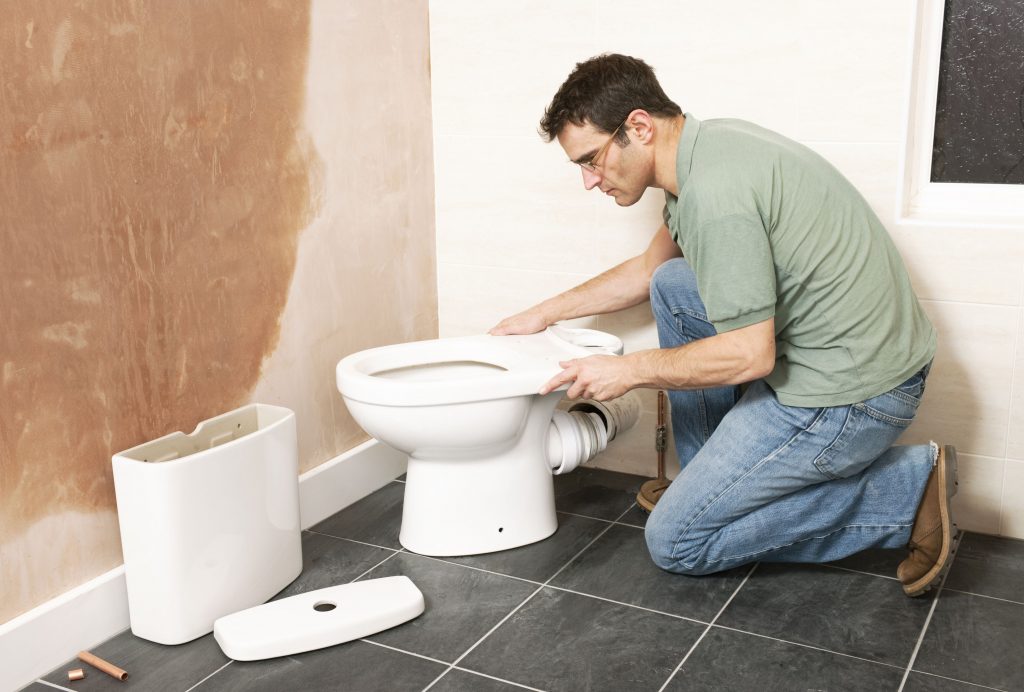
Increasing water pressure may require plumbing adjustments or installations, and it’s best done by a qualified plumber. They can install a water pressure booster pump or recommend other solutions tailored to your specific situation.
How often should I check for leaks in my plumbing?
It’s a good idea to check for leaks regularly, at least once a year, and immediately if you notice a sudden drop in water pressure or other signs of plumbing issues.
What are the best types of water filters to prevent pressure loss?
Choose water filters with a high flow rate and ensure they are suitable for your household’s water usage. Regularly maintain and replace filters to prevent clogs and pressure loss.
